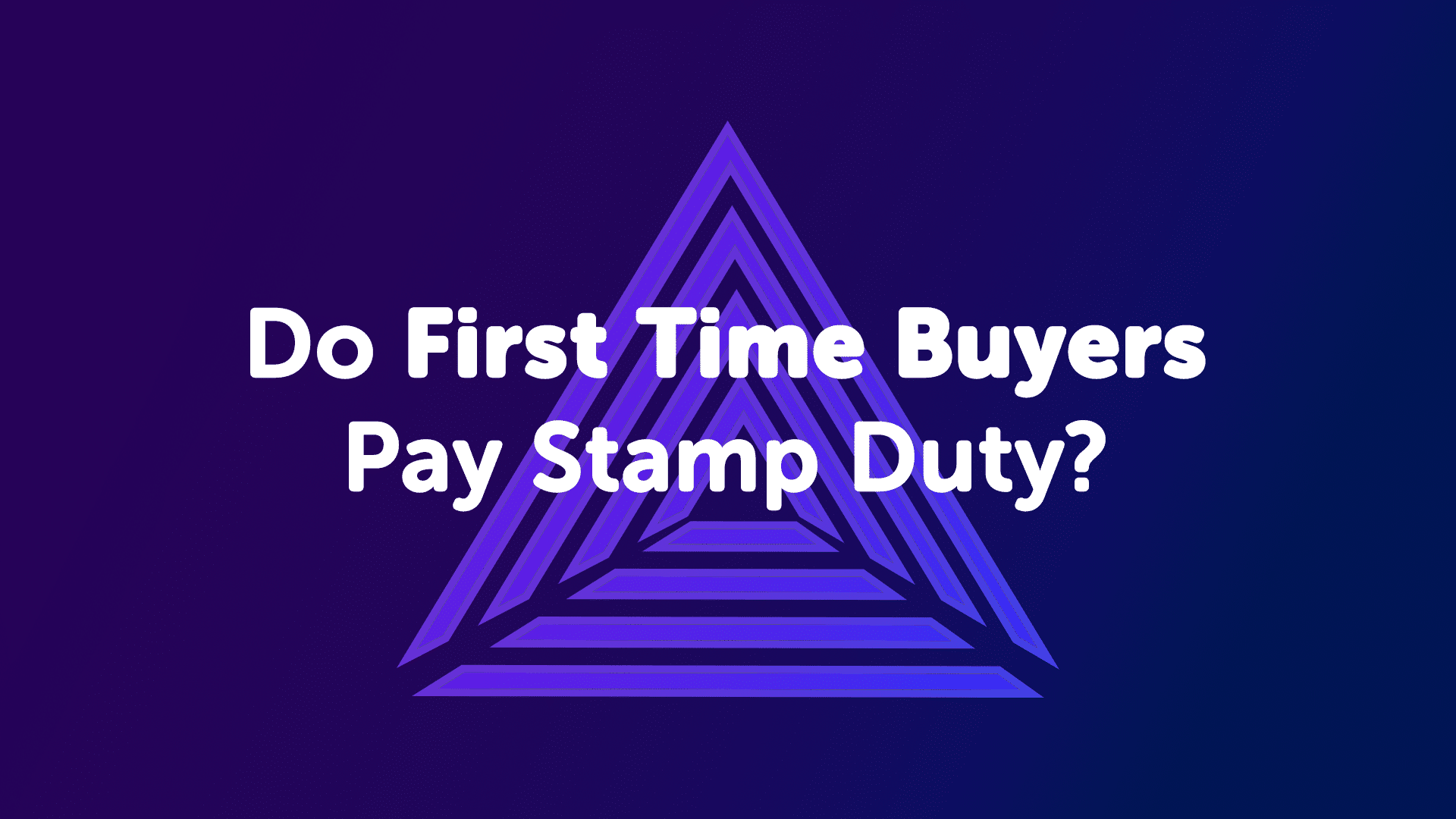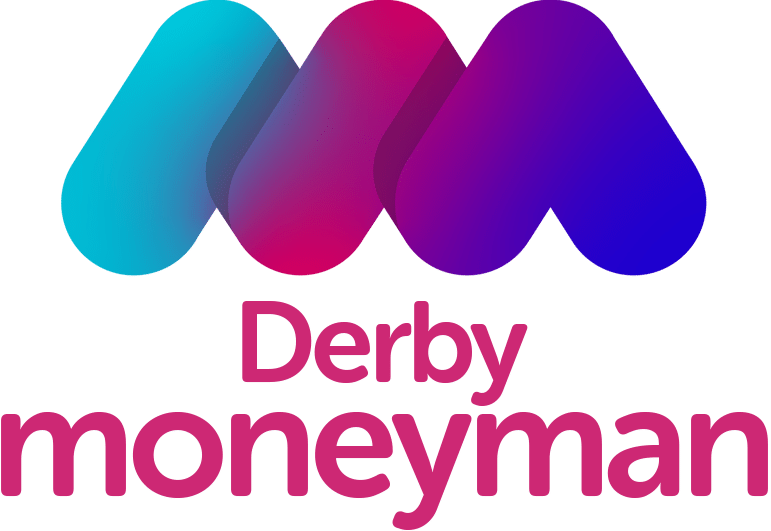At the very beginning of your mortgage journey, you will likely be looking at what options are available to you. There are lots of potential routes for a first time buyer in Derby to take, and we have listed the most popular of these, below.
For any questions regarding one of the mortgage options topics that we discuss below, feel free to give us a call or book your free mortgage appointment and we will see how we are able to help.
Furthermore, to learn more about the mortgage types that customers most commonly use, we have attached videos to each section. We have more helpful mortgage videos, with tips, tricks and market updates on our YouTube channel, MoneymanTV.
What is a fixed-rate mortgage?
A fixed-rate mortgage will mean that your monthly mortgage payments are going to remain unchanged for a set length of time. You are able to choose your own length of time for which you would like to fix your payments for. We usually find that customers will choose 2, 3 or 5 years or longer.
No matter what may happen with inflation, interest rates or the economy, you can stay safe in the knowledge that your mortgage payment, which will more than likely be your biggest outgoing, will stay the same throughout.
What is a tracker mortgage?
A tracker mortgage will mean that the interest rate of which your mortgage is on, will track the Bank of England’s base rate. So in other words, the mortgage lender that you end up going with will not be setting the interest rate themselves.
You will be paying at a percentage higher than the Bank of England’s base rate. To provide an example of this, if the base rate is 1% and you are tracking at 1% above base rate, that means you will be paying an interest rate of 2%.
What is a repayment mortgage?
The most commonly encountered mortgage type, a repayment mortgage is the “standard” mortgage that you’ll hear of. With this, you will pay a combination of interest and capital over the course of your mortgage term.
So long as you are able to maintain your monthly mortgage payments all throughout the course of your mortgage term, you will be guaranteed to pay off the balance and 100% own the property.
It is typically the most risk-free way to pay your capital back to a mortgage lender. Early on in your mortgage, you’ll be mostly paying back the interest, with your balance going down quite slowly (especially if you have taken out a 25+ year term).
In the last 10 years or so of the mortgage, this will completely switch around. Interest is only calculated at a percentage of the remaining balance, so with a lowering balance, you’ll be paying off more capital than interest, with the total coming down much quicker.
What is an interest-only mortgage?
Whilst you will generally find most interest-only mortgages applying to a buy to let in Derby, it is possible to get them on a residential property, albeit much less likely. That being said, there are instances where this may be an option.
Reasons where this might apply include downsizing when you are older or if you have any possible investments that can be used as a repayment vehicle to cover the capital remaining on the balance. Mortgage lenders tend to be much stricter on these mortgages nowadays.
What is an offset mortgage?
By taking out an offset mortgage, you will have a savings account set up by your mortgage lender, that will run alongside your mortgage for the duration of your term.
How this would work, is let’s for example that you have a mortgage balance of £100,000 and £20,000 is deposited into your savings account. You would only pay interest on the difference, so in this case it would be £80,000.
This can be a very efficient way of managing your money, especially if you are a higher rate taxpayer.
Date Last Edited: December 6, 2023












